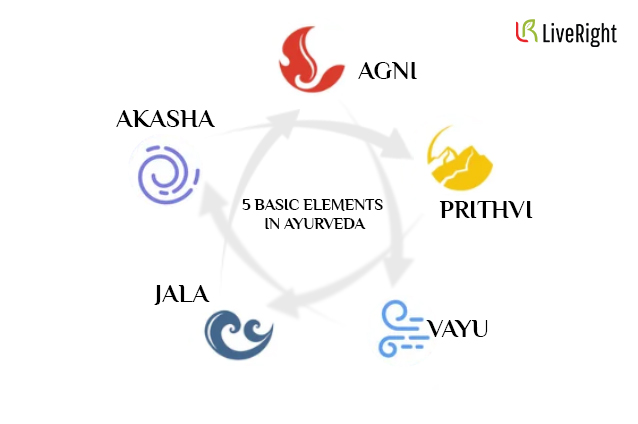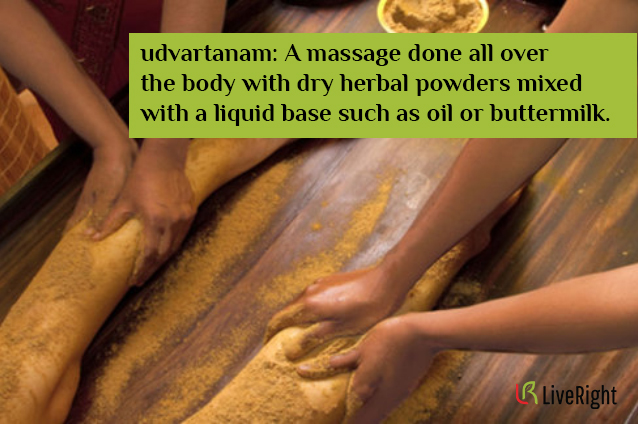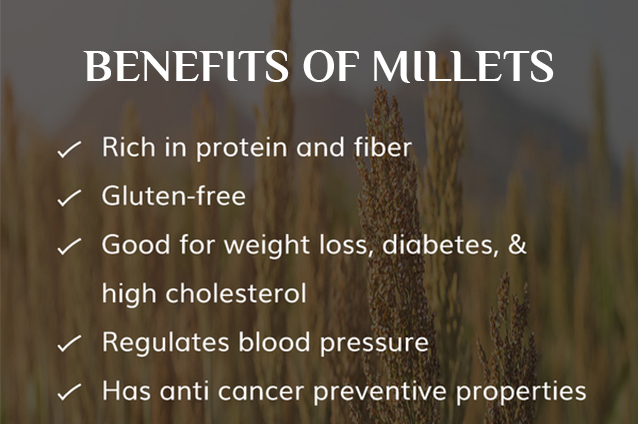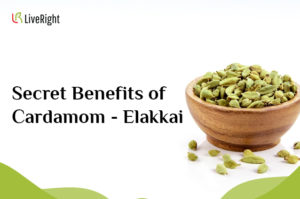Last updated on August 21, 2024 by Dr. Subashri Thanigaivel
Spring season has always marked the birth of new life. That’s why it’s called the season of rebirth, love, and joy. Since you are going to enter a new season, you must also prepare your body for it just the way nature prepares itself for a new season.
The human body is made up of 5 basic elements – Space (Akasha), Air (Vayu), Water (Jala), Fire (Agni), and Earth (Prithvi). In Ayurveda, these elements are called the “Pancha Maha Bhootha”. Every being in this world is made up of these five elements. So any changes happening within these five elements will also affect the beings of this world. That’s why your body will also undergo some changes during seasonal or environmental changes. These changes in your body might even make you fall ill if your immunity is not strong or if you fail to take the appropriate nutrition and lifestyle.

Is disturbed Kapha state disturbing your lifestyle?
Now it’s the start of the Spring season (vasanta ritu). To be precise, the environment changes from late winter to early summer. During this season, the earth rotates around the orbit and moves closer to the sun. So the power of the sun over the earth during this season gradually increases leading to a decrease in coldness on the earth’s surface. The decrease in the cool temperature of the earth simultaneously decreases the energy and strength of your body. Just like a cube of ice.
Ice stays solid and rigid as long as it is preserved at a cool temperature. When the ice is exposed to a warm temperature, it slowly melts. Similarly, your body that is exposed to 4 long months of winter (according to IST) is now exposed to a spring season (hot climate). So during the spring season, the accumulated Kapha dosha in your body which had solidified during winter starts to melt.

Whereas during winter, the temperature of the body is maintained by the digestive fire present in your system. But during spring, when the Kapha dosha melts, your digestive fire reduces. This makes you prone to illnesses such as colds, coughs, spring fever, skin allergies, headaches, heaviness, etc. It also triggers some of your old conditions if any, like sinusitis or asthma.
If you are a person whose prakriti itself is Kapha or if your Kapha is in a disturbed state (vikriti state), then you are most likely to get affected by these illnesses.
Ayurveda always brings remedies for most illnesses through lifestyle and diet. To track down your Kapha state to a balanced state, follow an Ayurvedic lifestyle and diet pattern. Something that’s easier and simpler to follow 🙂
6 Best Ayurvedic lifestyle to keep Kapha balanced
- Wake up early in the morning – like before Kapha starts (the best time for sleep is 9 pm to 4 am).
- Do exercise by using your moderate strength. Since during this time, your strength level is already low due to your reduced digestive power, vigorous exercise with full strength will make you weak for later actions.
- Always have dry massages like massages with herbal powders during the spring season.
- Use warm water for bathing.
- After a bath, perform self Nasyam therapy (ayurvedic nasal drops – delivers medicine directly into the nose to the nasal membranes). Use anu thailam for this, each nostril one drop.
- Avoid daytime sleeping.

6 Recommended diet pattern for balanced Kapha state
- Due to a disturbed digestive fire and an increase in Kapha dosha – avoid eating heavy, sweet, sour, and salty foods like curd, milk sweets, lassi, etc.
- Light and dry foods can help you to pacify your Kapha. Millets are one of the best options. Ayurveda recommends barley and wheat too. Have them in moderation.
- Bitter, astringent, and pungent taste foods are to be included. Examples of such vegetables are bitter gourd, ash gourd, bottle gourd, snake gourd, turkey berry (sundakkai), raw/unripe banana (vazhakkai), etc.
- Include turmeric, cloves, dry ginger, pepper, cardamom, and asafoetida in your diet.
- In non-vegetarian foods, chicken and mutton are good intakes.
- Water – boiled or boiled and cooled water is good to take. Boiled warm water is highly preferred. Add dry ginger or nut grass powder (korai kilangu) to the water before cooking.

Vasanta Ritu (spring season) is one of the best seasons to experience. Things not only become warm, but they also make us feel happy and healthy. A certain amount of sunlight is good for your body to transfer positive energy and stay active. With nature embracing itself with beautiful colors and fragrances from plants and flowers, welcome this season with a happy and healthy face.
Follow the Ayurvedic regimen for the spring season (vasanta ritucharya) to have a happy springtime.




